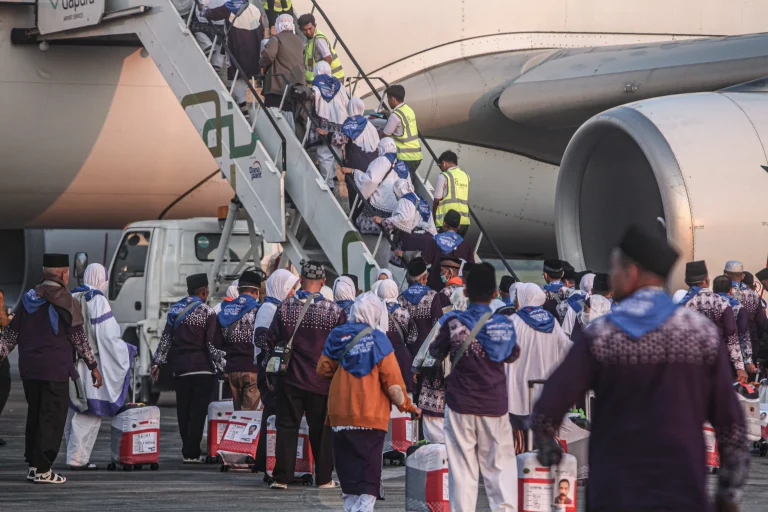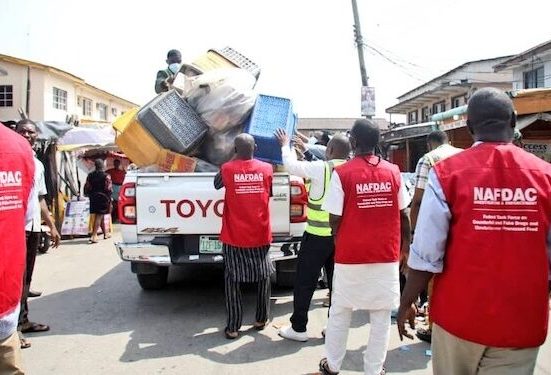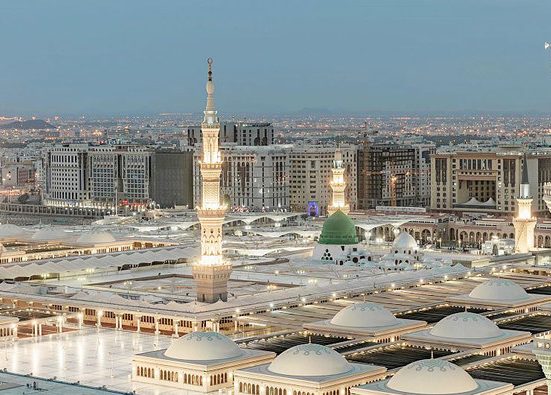In a move aimed at enforcing stricter control over Hajj pilgrimage procedures, the Kingdom of Saudi Arabia has, for the first time, instituted temporary shelter centres specifically for Muslim pilgrims attempting to access the holy sites without valid Hajj permits. The two centres, located at the northern and southern entry points of Jeddah, serve as holding facilities for irregular pilgrims pending further disciplinary action by authorities.
Speaking to Saudi state-run broadcaster Al Ekhbariya, the spokesperson of Jeddah Municipality, Mohammed Al Baqmi, confirmed the development, noting that the centres operate in close coordination with security and regulatory bodies. “They are hosted there until disciplinary procedures are taken against them,” Al Baqmi stated, emphasizing the kingdom’s resolve to deter violations tied to the sacred pilgrimage.
This initiative emerges against the backdrop of an intensified campaign by Saudi security forces targeting individuals and groups found to be in breach of Hajj regulations. In recent weeks, dozens have been apprehended and sanctioned through the Ministry of Interior’s special seasonal committees. Offenders have faced a range of punitive measures, including custodial sentences, monetary fines reaching up to 100,000 Saudi Riyals per individual, and subsequent deportation for non-citizens. Additionally, expatriates found guilty of such violations will be barred from re-entering the kingdom for a period of 10 years after serving their sentence.
Saudi authorities have reiterated that only pilgrims holding a valid Hajj visa—acquired either via officially recognised Hajj Affairs Offices across 80 countries or the Nusuk Hajj online platform designated for 126 nations—are permitted to undertake the pilgrimage. They have consistently warned that visit visas, including tourist or business categories, do not grant access to Hajj rites, and any attempt to use them for pilgrimage purposes constitutes a breach of Saudi immigration and religious guidelines.
The annual Hajj, which represents one of the five pillars of Islam and draws millions of faithful from around the globe, is tightly regulated due to its spiritual significance and the logistical challenges associated with managing such large crowds. The introduction of temporary shelters for undocumented pilgrims marks a significant shift in Saudi Arabia’s enforcement strategy, reflecting its commitment to maintaining order and ensuring that all Hajj participants meet the required criteria.
For Nigerian Muslims and others worldwide planning to perform the Hajj in 2025, it is imperative to adhere strictly to the prescribed processes and obtain official clearance. Unauthorized attempts not only carry legal risks but may also compromise the sanctity and safety of the pilgrimage for all involved.






